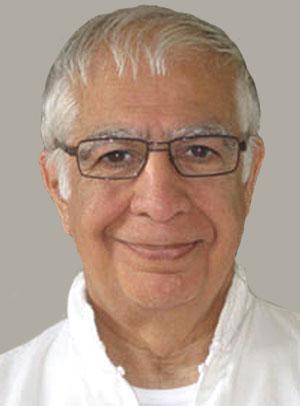
A vastly reduced capacity and masks that double as PPE are two of the measures put in place by the producers of the immersive theatre piece The Great Gatsby, which is planning to reopen in October, months ahead of predictions for the West End.
Producers Louis Hartshorn and Brian Hook told the Guardian they believe installing measures such as cutting capacity by 40%, ensuring physical distancing and deep cleaning the venue before and after every performance means they can be both safe and profitable.
Hartshorn said: “Gatsby provides you with an easier environment to social distance than at a supermarket. The thing we’re doubling down on is PPE: in Gatsby you’re invited to a party so we’ve made it a masquerade ball which requires a mask, so we’re managing to incorporate that into the show.”
The plan is to reopen on 1 October with a capacity of 90, with an additional 10 cast and three crew members. Certain scenes will be cut, including a group charleston for 250 people, and they are experimenting with having an A and B cast, which means if someone presents symptoms of Covid-19 they will have enough actors to keep the show going.
“Gatsby lends itself to social distancing between people and they have the agency to move around the space as you see fit as an audience member,” Hook said. The action will take place in one large space, with smaller breakout rooms for groups of up to four ticketholders, rather than 20 people pre-Covid-19.
The return of The Great Gatsby is a rare positive story for British theatre, which has been completely shuttered because of Covid-19, with many predicting it will be left decimated because of the financial impact. Julian Bird, the chief executive of the Society of London Theatre and UK Theatre, said British theatre companies had already lost about £330m because of the lockdown.
In early May, the theatre producer Sir Cameron Mackintosh said the lockdown measures imposed because of the Covid-19 outbreak meant West End theatres were unlikely to be able to reopen until 2021. Sonia Friedman, the producer behind West End hits such as The Book of Mormon and Harry Potter and the Cursed Child, wrote in the Telegraph (paywall) that British theatre was on the “brink of total collapse” and needed an urgent government rescue package.
Hartshorn and Hook ssaid immersive theatre’s ability to put on performances in larger spaces meant they were well positioned to be pioneers of the art form’s return as Covid-19 continued to mean many institutions remained closed.
“Every single piece of traditional theatre is a massive challenge at the moment,” said Hartshorn. “We produced Amélie, which was nominated for three Olivier awards. The only way we could conceive of that going ahead is moving into a theatre that is three times the size of the one we had planned.”
The producers joined the calls for government support and clearer guidelines for venues that are desperate to reopen as soon as possible. “It’s been hard to watch the government not stepping in and saying ‘here’s the plan’,” said Hook. “The Arts Council’s £160m is a drop in the ocean compared to other countries and there are so many cracks for people to fall through.”
There have been other innovative attempts to bring theatre back. The Big House venue in north London has announced a socially distanced production and is inviting six audience members at a time to watch the performances of its play The Ballad of Corona V.
The Old Vic announced last week that Claire Foy and Matt Smith will return in June for a series of “socially distanced performances” of the play Lungs, which will be performed to an empty auditorium and live-streamed.












